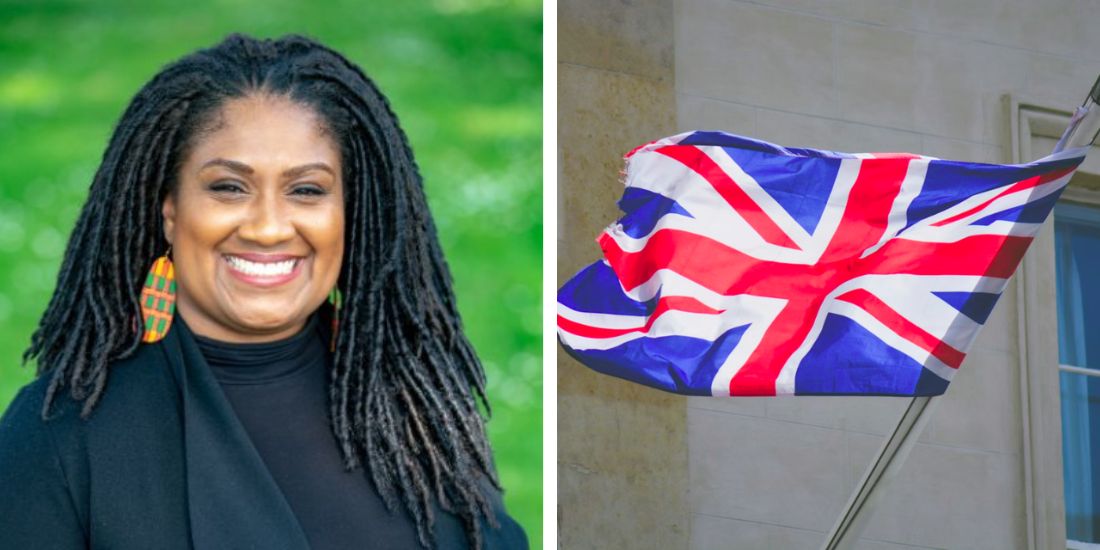This article originally appeared on watchdog.org.
Moments after word came down Thursday that U.S. Attorney General Eric Holder plans to retire, constitutional expert Ilya Shapiro had this to say:
“With Eric Holder’s departure, the nation can begin to heal.”
Shapiro, senior fellow in Constitutional Studies at the libertarian Cato Institute, labels Holder’s nearly six years at the post the “most divisive tenure of any attorney general” that he can recall, with Holder “tearing the country apart on racial and partisan lines.”
“From politicizing Justice Department hiring beyond the wildest accusations against the Bush administration, to running a bizarre guns-to-gangs operation that even Alberto Gonzales couldn’t have concocted, to advocating a racial spoils system at all levels of government, Holder has tarnished the nation’s highest law enforcement office more even than Nixon’s AG John Mitchell,” Shapiro wrote in a column published Thursday.
Eric Himpton Holder Jr. held a lot of firsts in prosecution. In 1997, serving as U.S. attorney for Washington, D.C., Holder was nominated by President Bill Clinton and unanimously confirmed in the U.S. Senate as the first black deputy attorney general.
Holder made history again when his long-time pal, President Barack Obama, tapped him to become the first black U.S. attorney general.
There is history, and then there is legacy, and Holder, who will become the third longest AG in U.S. history if he still is in the position come December, leaves a contentious legacy, marked, many say, by prosecutorial overreach and abuse of U.S. Justice Department power.
Shapiro, perhaps one of Holder’s harshest critics, asserts the only difference between Obama’s AG and Nixon’s is AG is that “Holder hasn’t gone to jail.” Although Shapiro, in his piercing column, suggests the “DOJ Inspector General better lock down computer systems lest Holder’s electronic files ‘disappear.’”
“I don’t think he saw his goal as defending the Constitution. His goal was going around the Constitution to support whatever policy the administration wanted … This has all been an exercise in how much we can get away with,” Shapiro told Watchdog.org.
Holder’s greatest government overreach hits started early.
The new attorney general in 2009 pushed the constitutionally doomed D.C. voting rights bill, which would have given the District a vote in the House of Representatives for the first time. As the Washington Post reported at the time, Justice Department lawyers concluded in an unpublished opinion the bill was unconstitutional. But Holder “ordered up a second opinion from other lawyers in his department and determined that the legislation would pass muster.”
And who could forget the debacle that was “Fast and Furious.” The Bureau of Alcohol, Tobacco, Firearms and Explosives operation put weapons from the U.S. into the hands of alleged gun smugglers. The idea was to trace arms to Mexican drug kingpins. Fail. The agency, as the Los Angeles Times has detailed, has lost hundreds of firearms that were later linked to crimes. Among the victims, Border Patrol Agent Brian Terry, shot dead by one of the lost weapons in December 2010.
The GOP-led House found Holder in contempt of Congress after he refused to hand over documents related to the botched sting, marking the first time an attorney general was held in contempt.
Beyond Fast and Furious, some of the most stinging criticism against the first black attorney general is how racially divisive his agency’s investigations and initiatives have been.
The attorney general in a 2009 Black History Month speech called his country a “nation of cowards” for what Holder saw as the failure to talk about racial tension. And recently, the attorney general insinuated himself — to cheers and jeers — into the racial tension of Ferguson, Mo., launching a Justice Department investigation into an incident involving a white officer fatally shooting an unarmed young black man.
“And this time, the White House dispatched Holder to speak his piece, in effect jump-starting that conversation and helping to settle nerves in the frayed community,”National Public Radio wrote Thursday.
Shapiro said Holder’s legacy will be particularly marred by his “racialist view of the world.”
“Like a modern-day George Wallace, Holder has called for racial preference now, racial preferences tomorrow, racial preferences forever,” the constitutional expert wrote. “According to our outgoing attorney general, and the 14th Amendment, Civil Rights Act, and Voting Rights Act only protect some citizens (members of the right kinds of racial minority groups) — and should be used to extract political and financial concessions for them.”
Earlier this year a federal court shot down the Justice Department’s campaign to kill Louisiana’s school choice program.
The judge denied the DOJ’s quest to be able to individually deny vouchers, mainly to impoverished minority students stuck in Louisiana’s failing public schools.
And in Wisconsin, the Justice Department has launched a nebulous “ongoing” investigation into the state’s successful and nationally leading School Choice program. That investigation, sources tell Watchdog, continues, although the Justice Department has failed to return several calls seeking comment.
The songs of praise for Eric Holder already are rolling in on the left. The New York Times called the attorney general the “most prominent liberal voice of the administration, leading its push for same-sex marriage and voting rights.”
He pushed that left-leaning agenda, however, while shaking a clinched fist at the Constitution, critics say.
“Attorney General Holder has done his all to expand federal (especially executive) power and contract individual liberty beyond any constitutional recognition,” Shapiro said.
“Eric Holder will not be missed by those who support the rule of law.”





